This chapter made me think about how much reading has changed. Nowadays it‘s so easy to get distracted, especially when you're reading on a device with other purposes. Cart talks about how algorithms can push books that are more popular than actually well-written. Cart doesn‘t totally bash digital stuff, which I appreciate, but I liked that he reminded us not to lose sight of what makes reading meaningful.







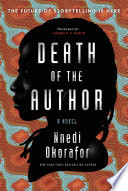
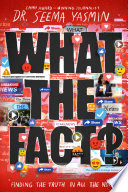
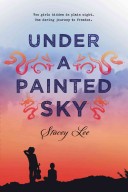
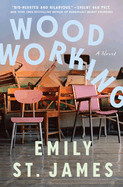
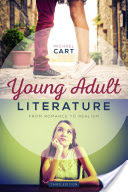








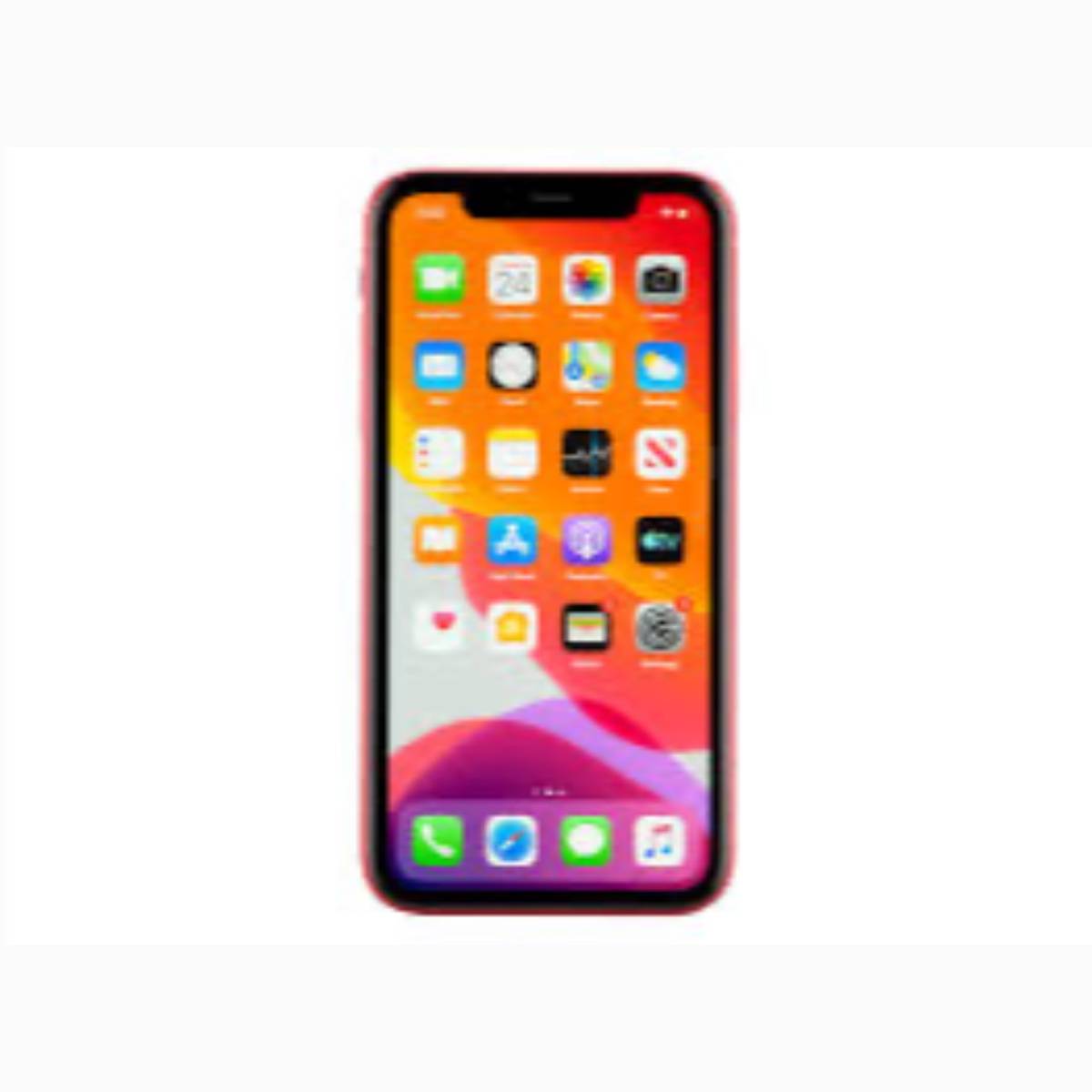


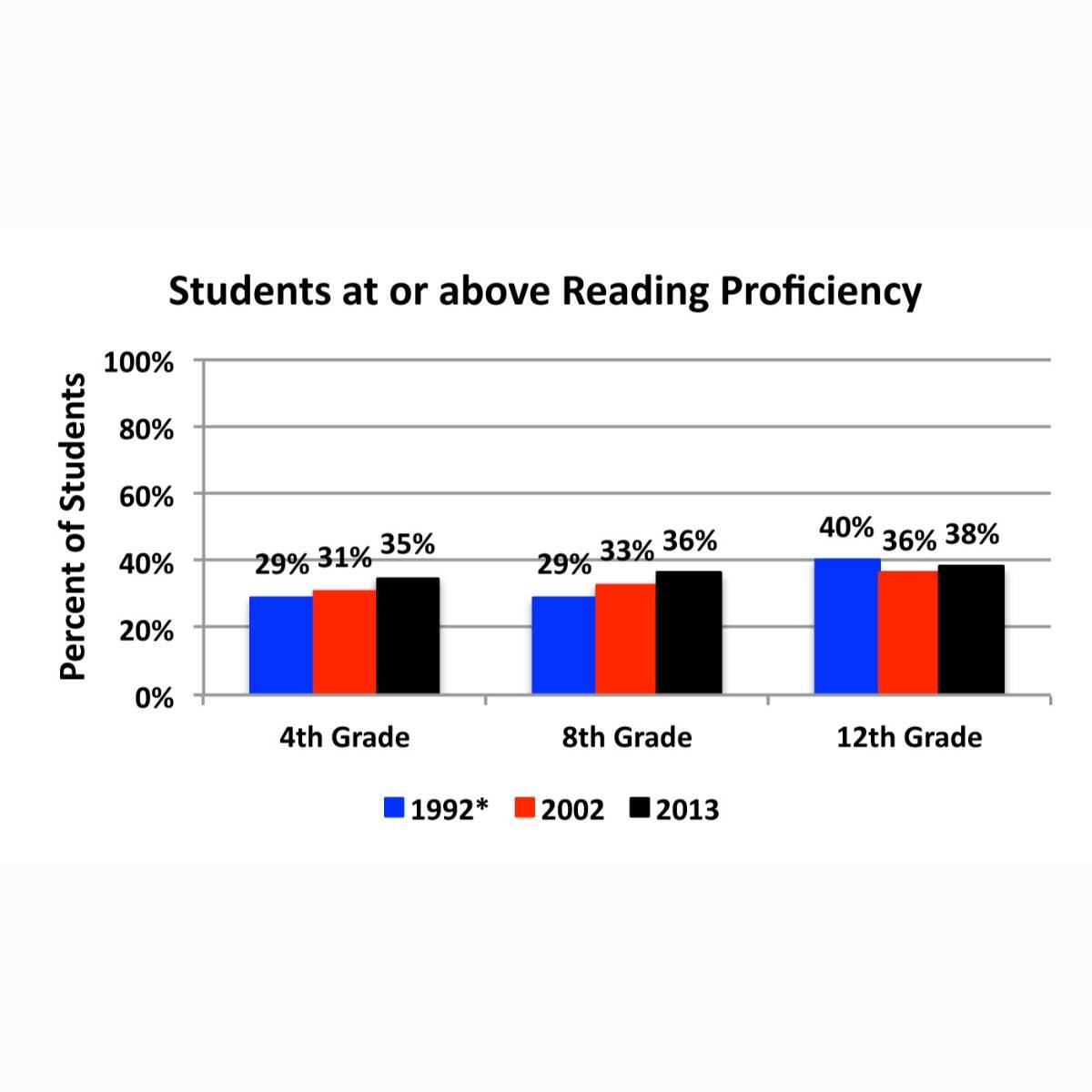

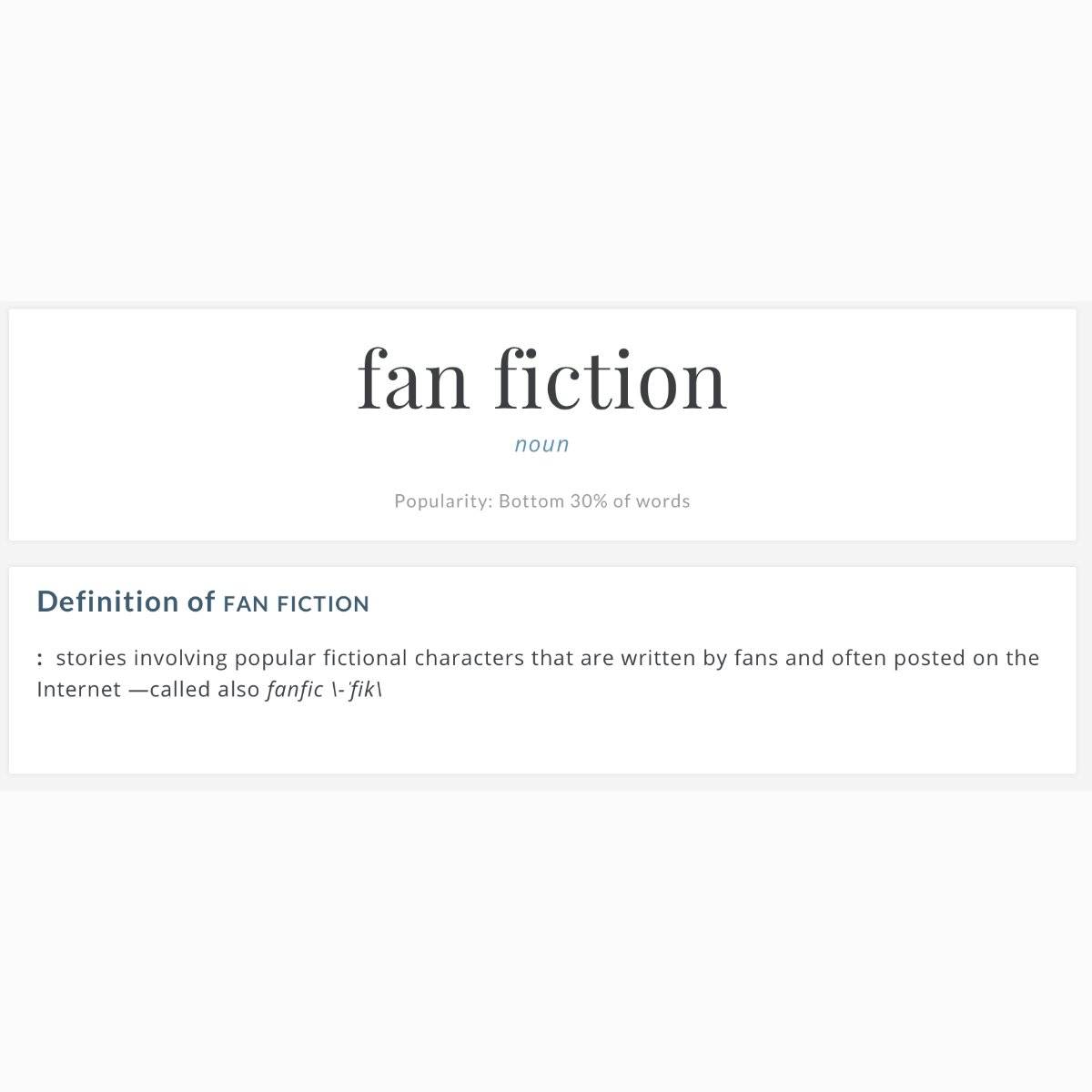

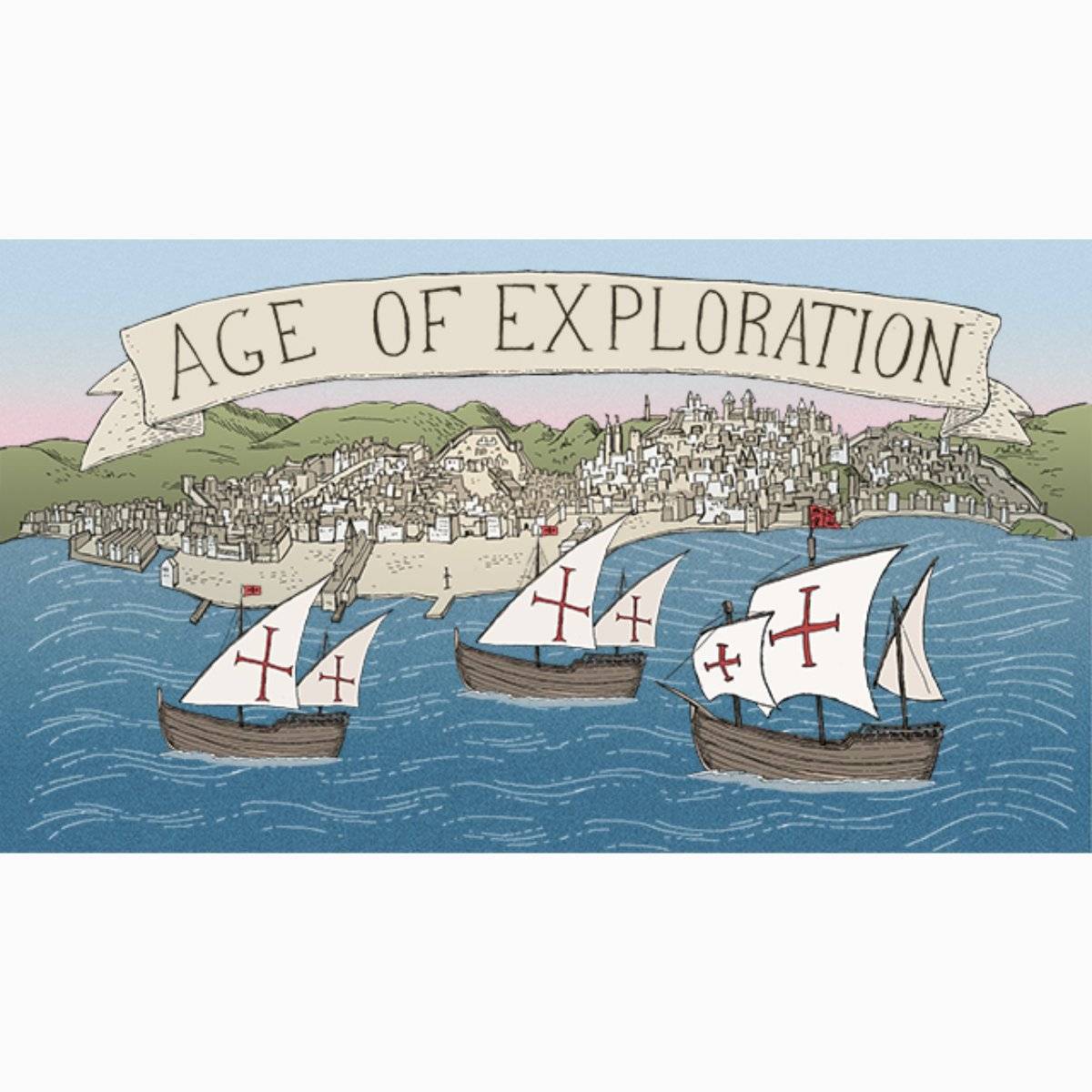
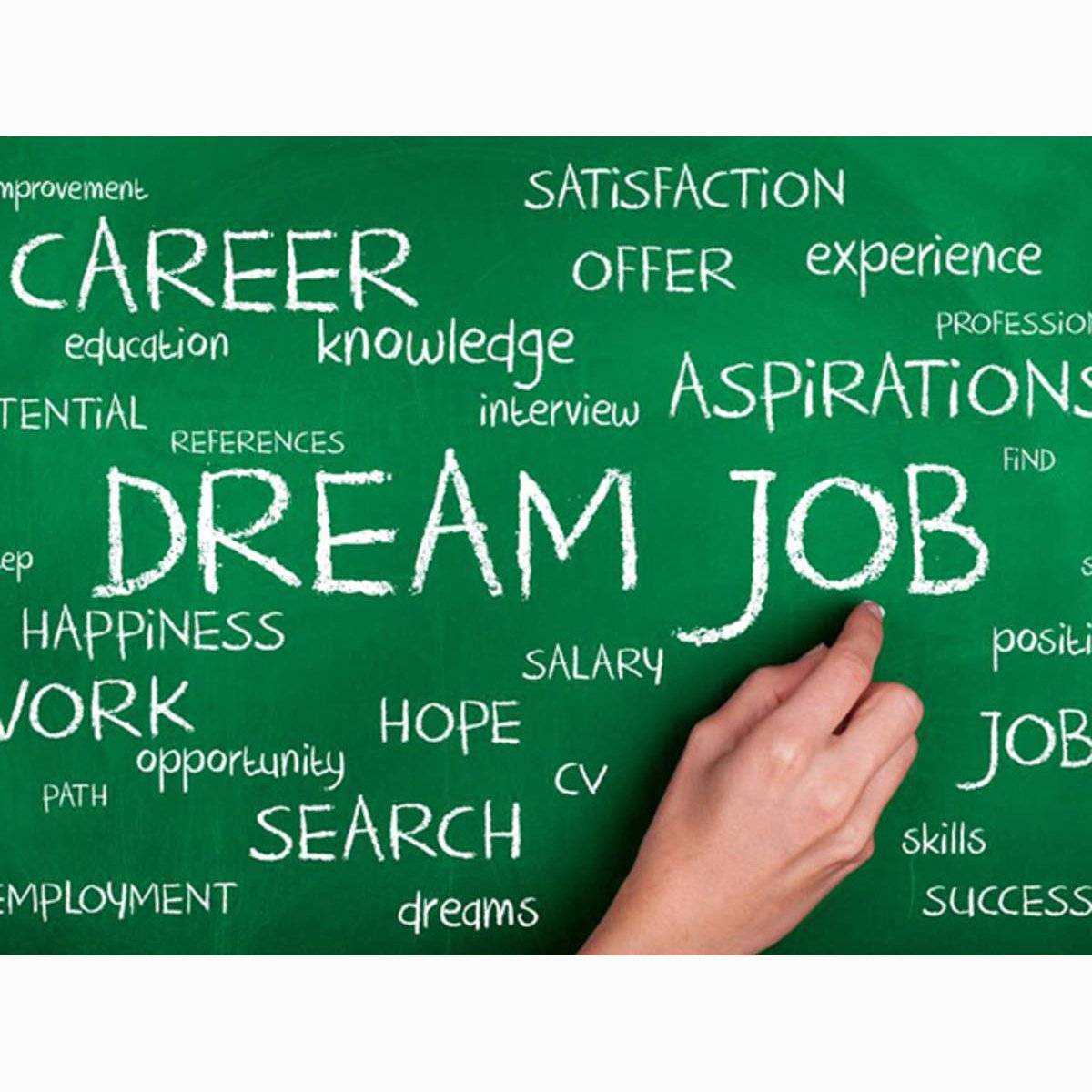

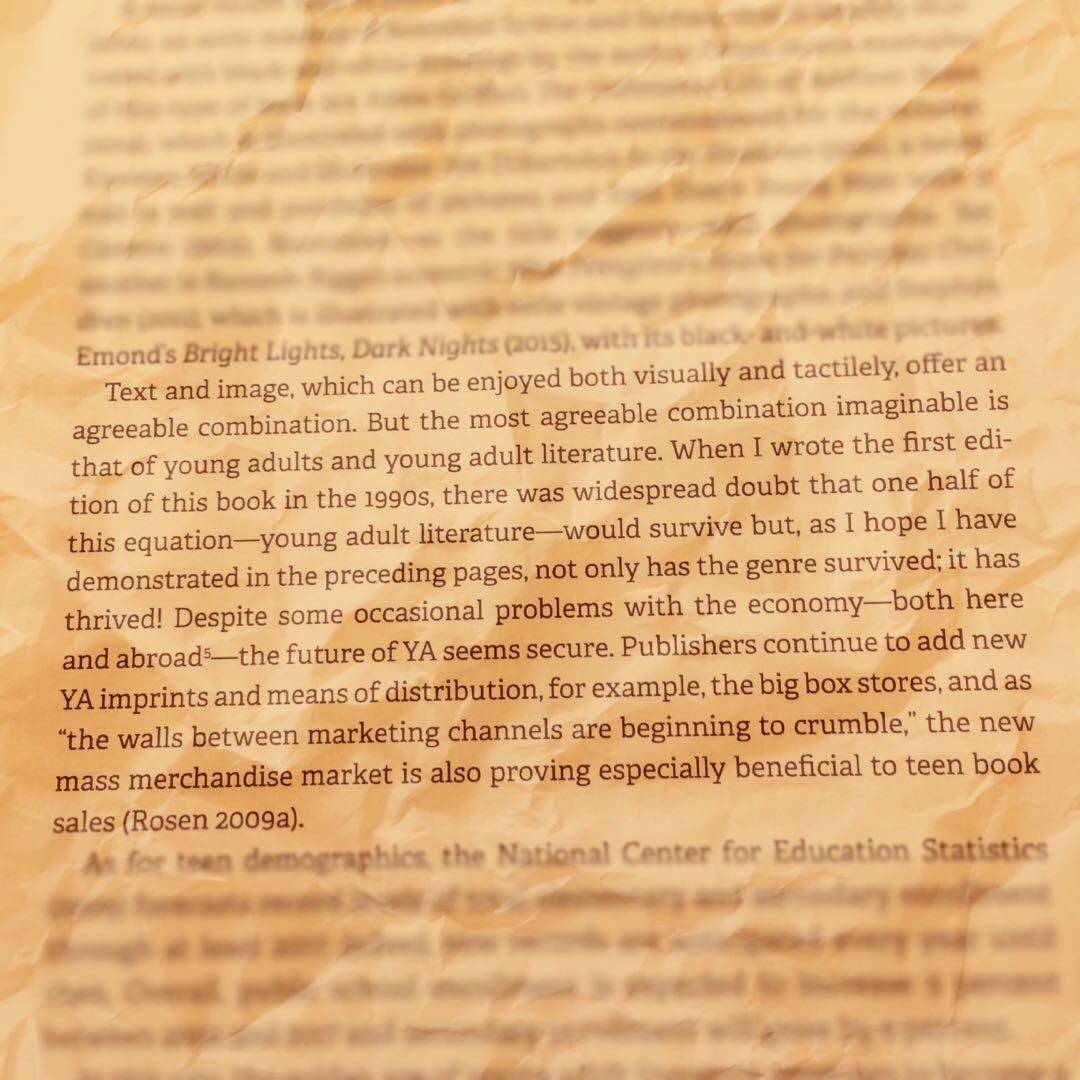
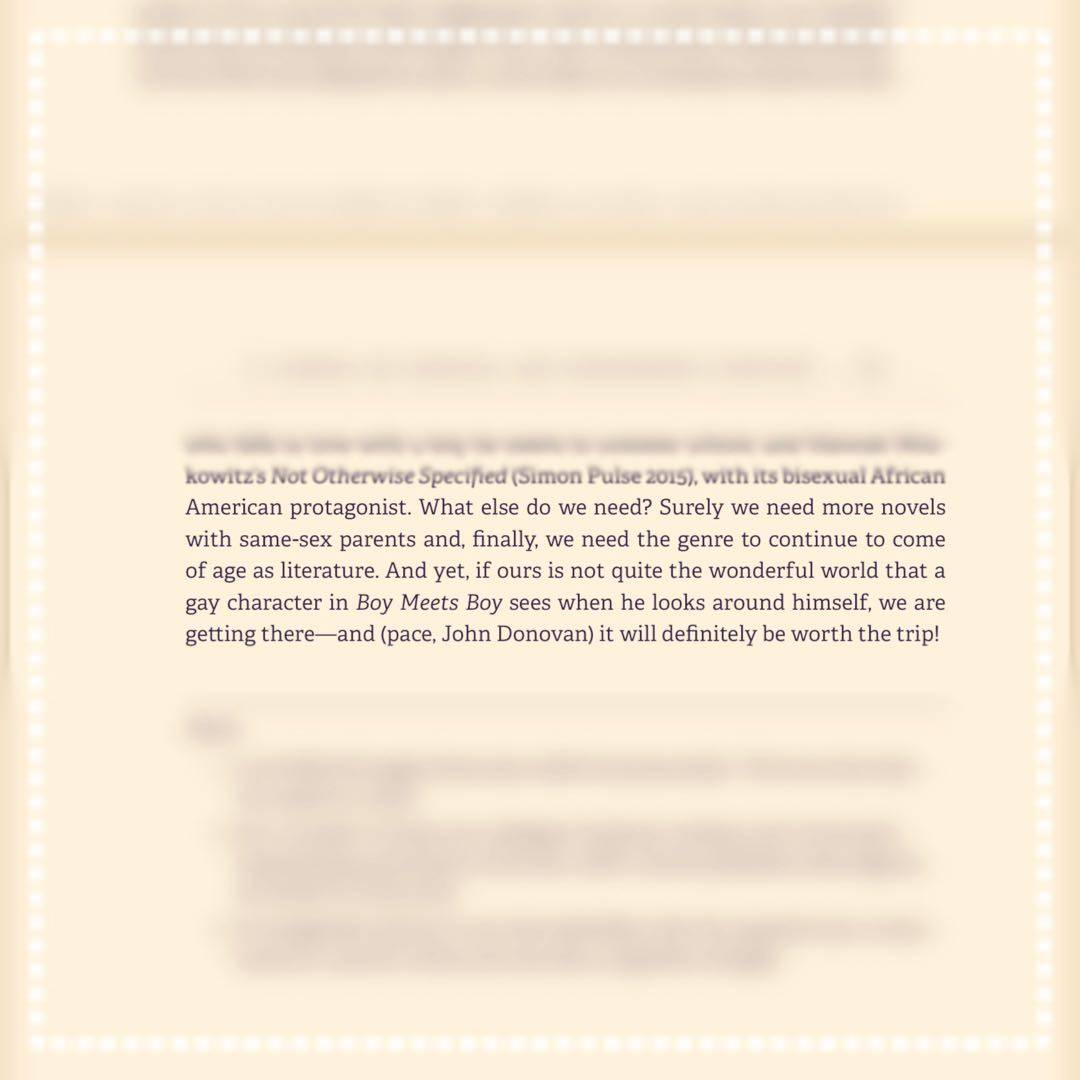





3w